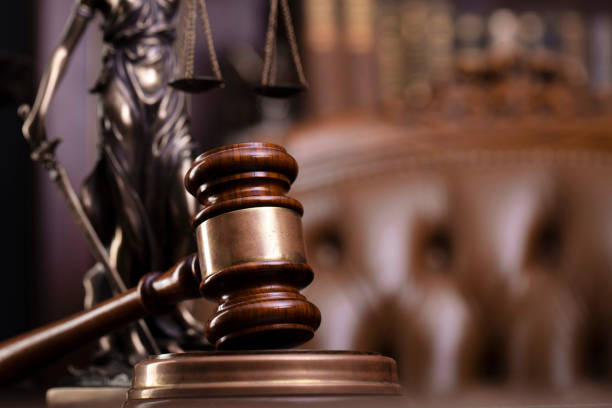Defamation in the Cybercrime Prevention Act
Defamation, whether online or offline, is defined as the public and malicious defamation of a person, real or fictitious, or of their actions, status, position or circumstances, causing them to be brought into disgrace or discredited or to be slighted, or to damage the reputation of the deceased.
Many jurisdictions consider truthfulness to be a defense against an allegation of defamation or slander. However, in the Philippines, the authenticity of the content alone does not completely exempt a person from liability for defamation. The country's laws also emphasize the consideration of malicious intent and intentional damage.

Example
When interpreting the defamation provisions in the Cybercrime Prevention Act, the legal community particularly emphasizes the need to pay attention to the definitions of "malice" and "intentional damage." This means that even if what is stated in a post is true, they may still be guilty of defamation if the poster's intention was to cause harm intentionally or without regard for the harm that might be caused.
To Be Noticed
In the Philippines, online speeches tend to have wider dissemination. A defamatory post, even if it is later deleted, may have been widely circulated online, causing irreparable harm to the reputation of the accused. Therefore, Internet users must exercise caution when posting comments to avoid unnecessary legal disputes.
Fa Xiaowu would like to emphasize that if you encounter unfair treatment, please remember not to spread related incidents online at will. Even if these incidents are true, they may expose you to legal liability for defaming others. Faxiaowu would like to remind all parties who publish information again to proceed with caution!
When you are faced with possible defamation troubles, you are welcome to consult Feilong Law Firm. Don't let the shadow of slander spread, we will protect your dignity with all our strength! Let Feilong Law Firm be your unique and exclusive legal advisor, providing you with continuous support and solutions in your daily life.



